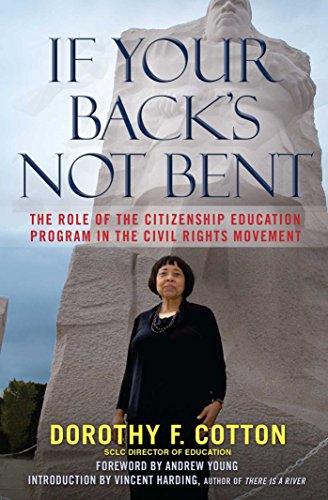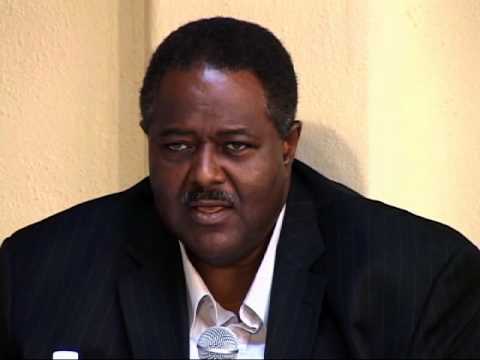Civic Organizing Principles
Civic organizing principles define how leaders use an organizing approach to advance democratic beliefs within their jurisdiction. An organizing approach is:
Principled-Driven
The need for civic organizing is based upon indicators that the current approach to policy making cannot produce the capacity to govern for the common good. This puts our ability to sustain democracy at risk. When leaders agree to use a civic organizing approach to address this need, they integrate the Civic Organizing Framework into the particular principles, goals, policies and practice that define their jurisdiction to produce a document called the jurisdictions operating principles. This document becomes the primary policy document for the jurisdiction.
Identifiable Organizing Agency
Individual leaders who take primary responsibility for advancing operating principles are members of an identifiable civic organizing agency, and accountable for developing the civic capacity and civic infrastructure within their jurisdiction to sustain civic organizing principles while achieving particular goals.
Grounded in an Accurate Power Analysis
Practice is grounded in a power analysis that holds all those impacted by a situation accountable to define problems, solve problems and set policy in tension between the current economic, political, social, and spiritual realities surrounding the situation and civic operating principles that apply to the whole. The outcome produces a more accurate definition of the problem, greater commitment to leverage resources to solve the problem, and a base of civic leadership committed to implement solutions in the places where they have the authority to act.
Builds an Intergenerational Civic Base of Influence
Members of a civic organizing agency use specific civic organizing disciplines to organize a diverse, permanent, flexible, intergenerational base of influence (civic infrastructure) whose members share a common interest in solving complex problems and renewing democracy in each generation.
Draws Authority from the Role of Citizen
The role of citizen is a political role held by every individual in a democracy. Citizenship includes and transcends all other roles, cannot be delegated and is the basis for policy making in all of the places where individuals have the authority to act. Civic organizing develops the capacity of leaders to organize the civic infrastructure necessary for all individuals to be active citizens of their institution.
Furthers a Civic Policy Agenda
Civic leaders sustain and advance civic organizing through a civic policy agenda–a principled course of action–which recognizes every individual to be a policy maker and every institution a policy center. Policy making is grounded in civic organizing principles and proven practice to produce and sustain the civic capacity and civic infrastructure needed to sustain democracy as a just system of governance in each generation.



